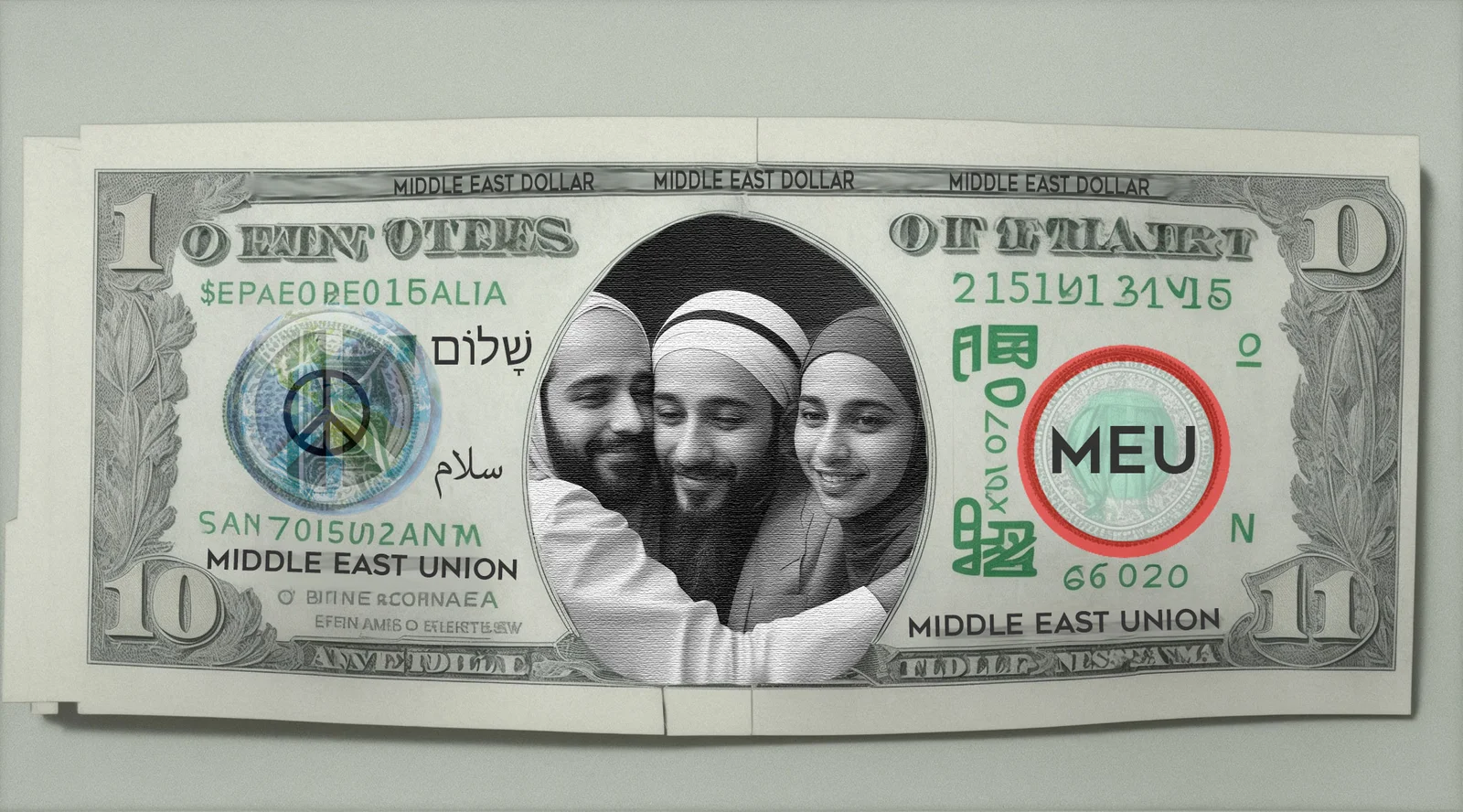Since human beings are unable to resolve the Israeli-Palestinian conflict, I asked AI to do it. Here’s what I asked;
“What is the very best NON-EMOTIONAL practical way to resolve the Israeli-Palestinian conflict so that every Israeli and Palestinian can live in peace?”
Here is the AI response;

Resolving the Israeli-Palestinian conflict in a truly practical and sustainable way would require an approach centered on clear, rights-based principles, comprehensive socio-economic development, and diplomatic neutrality. Here’s a framework that, while ambitious, attempts to balance the complex realities on the ground without an emotional or ideological bent:
1. Two-State Agreement with Internationally Defined Borders
- Pre-1967 Borders with Adjustments: Implement a two-state solution that generally follows the 1967 lines but includes carefully negotiated land swaps to account for Israeli settlements close to the border.
- International Oversight of Borders and Security: The borders would be secured and monitored by an impartial international body (possibly under the UN) to reduce distrust, with both sides agreeing to demilitarized zones along critical border areas.
2. Permanent, Internationally Recognized Capital in Jerusalem
- Divided Jerusalem with Shared Administrative Authority: Designate East Jerusalem as the Palestinian capital and West Jerusalem as the Israeli capital. Jerusalem as a whole could have a joint administrative framework, recognizing the city’s shared religious and cultural significance.
- Religious Site Protections: International, impartial control over key religious sites (e.g., the Al-Aqsa Mosque, Western Wall) would guarantee protection for all faiths, minimizing religious conflicts.
3. Land and Resource Access Agreements
- Resource Allocation and Water Rights: Establish clear agreements on resource sharing, particularly water rights, which have been contentious. The distribution would need to be handled by an impartial regional body focused on sustainable management.
- Economic Development Zones: Create joint economic zones along the borders where Israelis and Palestinians could work collaboratively in trade, technology, and tourism, fostering mutual economic dependency and trust.
4. Security and Non-Violence Commitment
- Demilitarization and Regional Defense Commitments: Both states would commit to a demilitarized stance with security forces focused solely on internal safety and defense. An international peacekeeping force could assist in de-escalation, training local forces to prioritize peacekeeping over militarization.
- Condemn and Prevent Extremism on All Sides: Immediate measures to counter incitement, radicalization, and extremism are essential. Both sides must take responsibility to prevent hate speech and violence, with a cooperative effort to promote education for coexistence.
5. Refugee and Right-of-Return Solutions
- Compensation for Palestinian Refugees: Acknowledge the plight of refugees and create a compensation fund, overseen by a neutral body, for Palestinians who cannot return. Some individuals may be allowed to return under specific conditions, but most would receive economic support to settle in a Palestinian state or other regions.
- Resettlement and Citizenship Pathways: Provide pathways for refugees to receive citizenship in their host countries if they wish, accompanied by international incentives and support for host nations.
6. Socio-Economic and Political Development Plans
- Build Infrastructure in Palestinian Territories: Invest in infrastructure, health, education, and economic development in Palestinian areas to reduce economic disparities. The international community and private sector would assist, creating opportunities for mutual growth.
- Cross-Border Collaboration Projects: Develop joint educational and business projects, allowing Israelis and Palestinians to work, learn, and invest in common goals to deepen connections.
7. Guaranteed Political Rights and Legal Protections
- Mutual Recognition and Full Sovereignty: Israel and Palestine must recognize each other as fully sovereign, independent states with equal standing in the international community.
- Independent Judicial System for Disputes: Establish a jointly funded, neutral court system (perhaps through the International Court of Justice) to handle disputes impartially, rather than leaving resolution solely to political processes.
8. International Support, Non-Intervention, and Aid
- Neutral International Support: Create a coalition of neutral countries (e.g., Switzerland, Norway) and organizations to provide balanced assistance for development, rather than support with political strings attached.
- No Political Interference from External Actors: Minimize the influence of external powers with vested interests in the region. Focus on diplomatic alliances, not weaponized alliances, with clear measures against political interference.
This pragmatic approach would require unwavering international and regional support, immense political will from both leaderships and broad buy-in from civil society on both sides.
Realistically, such a solution would involve phased implementation and unwavering commitment from the international community to maintain impartiality and support for the process.
#IsraeliPalestinianConflict #PathToPeace #TwoStateSolution #PeaceAndProsperity #ConflictResolution #MiddleEastPeace #HumanRights #EconomicDevelopment #GlobalCooperation #DiplomaticSolutions

Coach J.P. Money is the founder of Coach J.P. Money. He is an expert in Coaching and Money! He is also a writer, global citizen eco-activist, visionary, musician, artist, entertainer, businessman, investor, life coach, and syndicated columnist. He is also known as the music artist “Johnny Punish”; a name given to him by a bandmate during his Punk Rock years fronting the rogue underground punk band “Twisted Nixon”
His Expat home base since the late 1990s is Mexico. J.P. Money, aka Charles Bivona Jr., was educated at the University of Nevada Las Vegas (1980-81) and California State University Fullerton (1981-1984) with studies in accounting, finance and business. He bought is first real estate income property at 17 years old with no money down. He has been debt-free and building wealth since 1998.
Before the “internets” had been invented, he also owned and ran (5) national newspapers in the United States of America from 1987-1998. In addition, he created and ran the important online media sites; HireVeterans.com (2004-2020) and VT Foreign Policy (2004-2023).
J.P. Money is married to Queen Albertina from Sinaloa Mexico (1985). Together they have 3 adult children and 7 grandkids. They live in Baja Mexico at the home they built together out of plastic bags and dirt (Super Adobe). Now they share their epic artistic piece with the world as a unique luxury BnB called “Hacienda Eco-Domes“.
Read J.P. Money’s Full Bio at PunishStudios.com >>>












